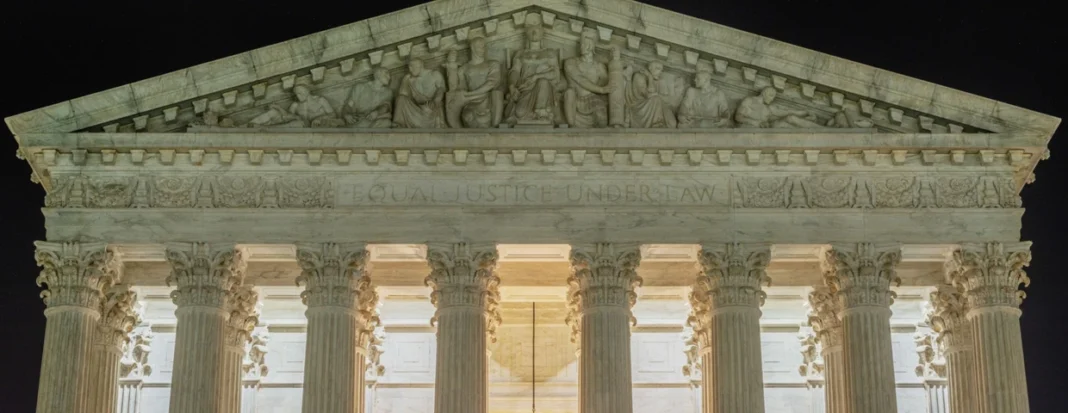The United States Supreme Court rejected a $121 million penalty request against Iraq in the Wye Oak dispute. The decision came after years of legal conflict between Iraq and the American defense company Wye Oak Technology. The court declared that Iraq enjoys full protection under the Foreign Sovereign Immunities Act.
Iraq faced this lawsuit because Wye Oak accused the government of breaking a military contract. The contract aimed to repair military equipment after 2003. However, the highest court in the United States ruled that Iraq cannot face such financial claims.
This ruling connects directly to a special protection law passed two decades ago. That law, called the Iraq Freedom from Judicial Attachment Act, gave Iraq immunity from lawsuits in American courts. Successive administrations in Washington have extended these protections for many years. As well as, therefore, Iraq still benefits from strong legal shields in the United States.
At the time of the invasion, Iraq carried huge debts from the Saddam Hussein era. To solve that problem, Washington created the Iraq Development Fund. This fund collected Iraq’s oil money and foreign reserves in a special account at the US Federal Reserve. With this step, Iraq avoided dangerous asset seizures and gained stability for national reconstruction.
The Wye Oak dispute tested these protections. Yet the Supreme Court once again confirmed Iraq’s legal immunity. Iraq avoided paying the $121 million claim. With this result, Iraq continues to enjoy protection from lawsuits in American courts.
For Iraq, this decision also signals economic relief. However, it prevents a wave of lawsuits that could threaten national revenues. Moreover, it strengthens confidence that Iraq’s oil income will remain secure for domestic use. The case underlines how Iraq’s immunity plays a vital role in safeguarding the country’s economy.
The dispute also highlights the connection between international law and Iraq’s financial security. With continued immunity, Iraq gains time to rebuild state institutions and manage debts. While companies like Wye Oak push for compensation, Iraq’s legal defense keeps blocking such demands.
In conclusion, the Iraq Supreme Court ruling on the Wye Oak case protects the country from financial risk. The judgment reflects Iraq’s long-standing immunity in US courts. Iraq’s immunity in the Wye Oak case remains the central factor that shields its national economy.


